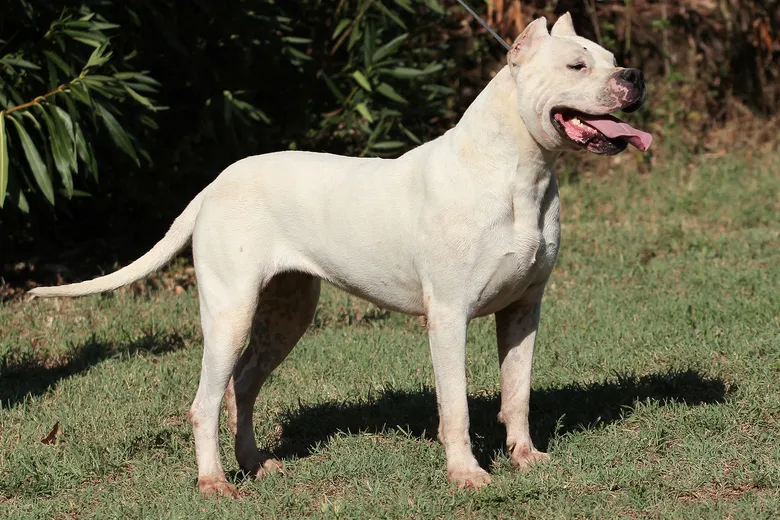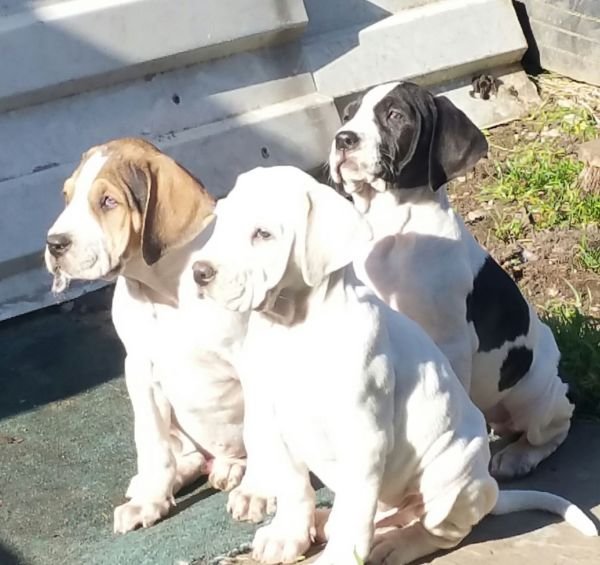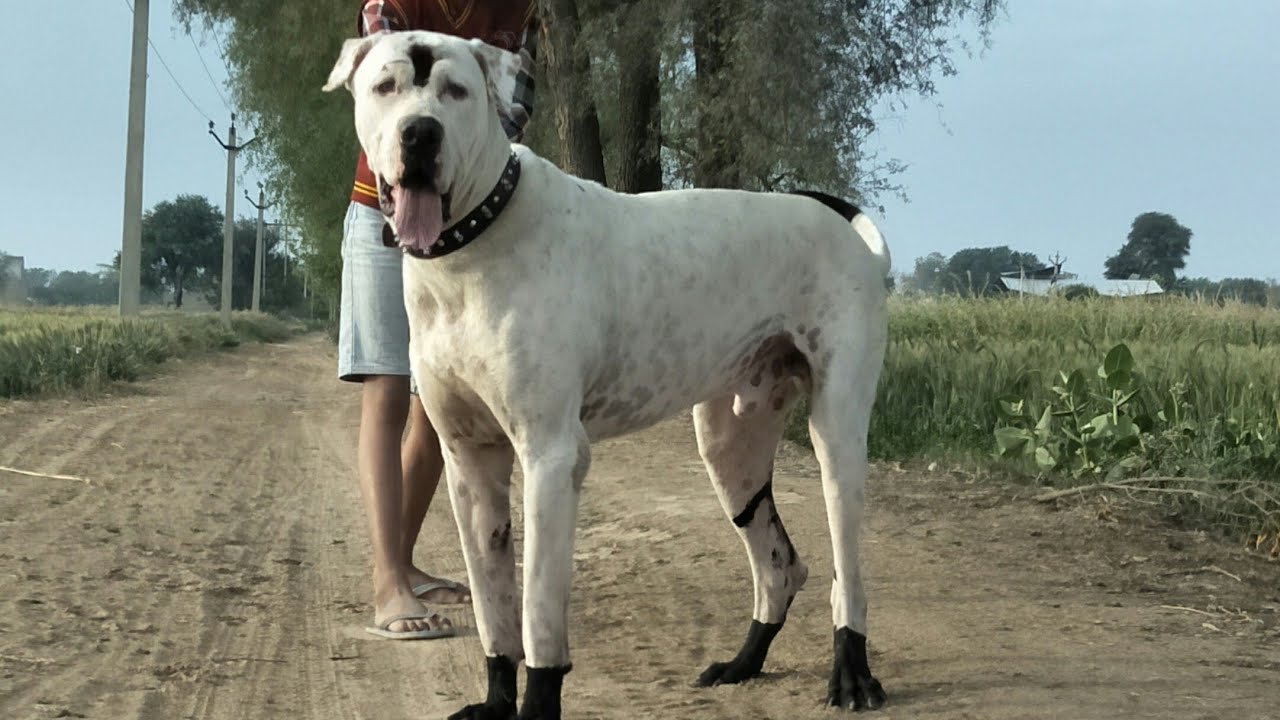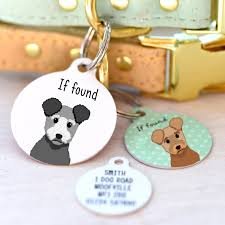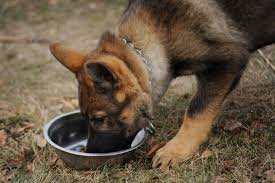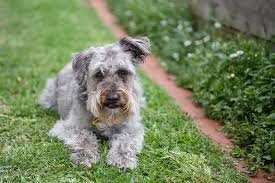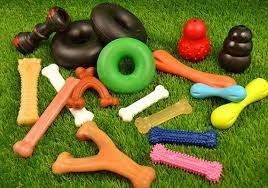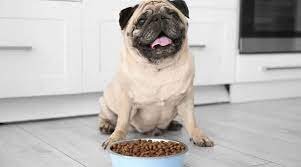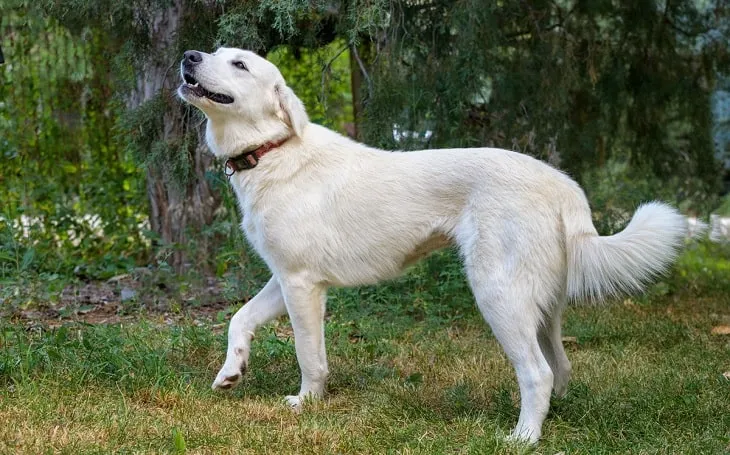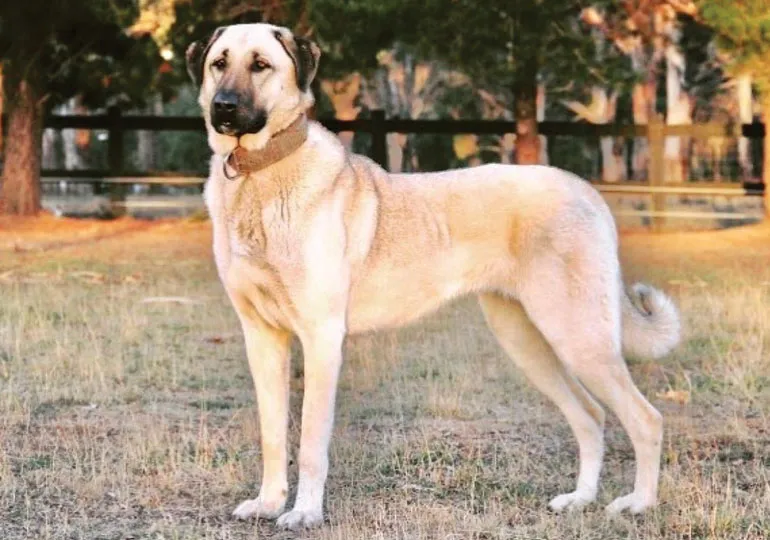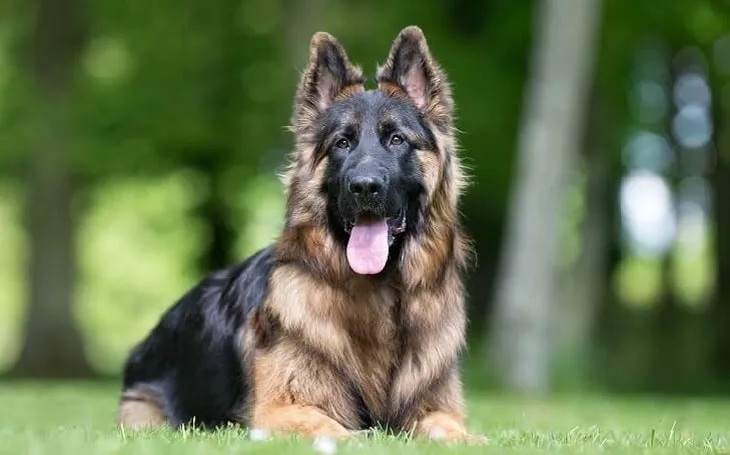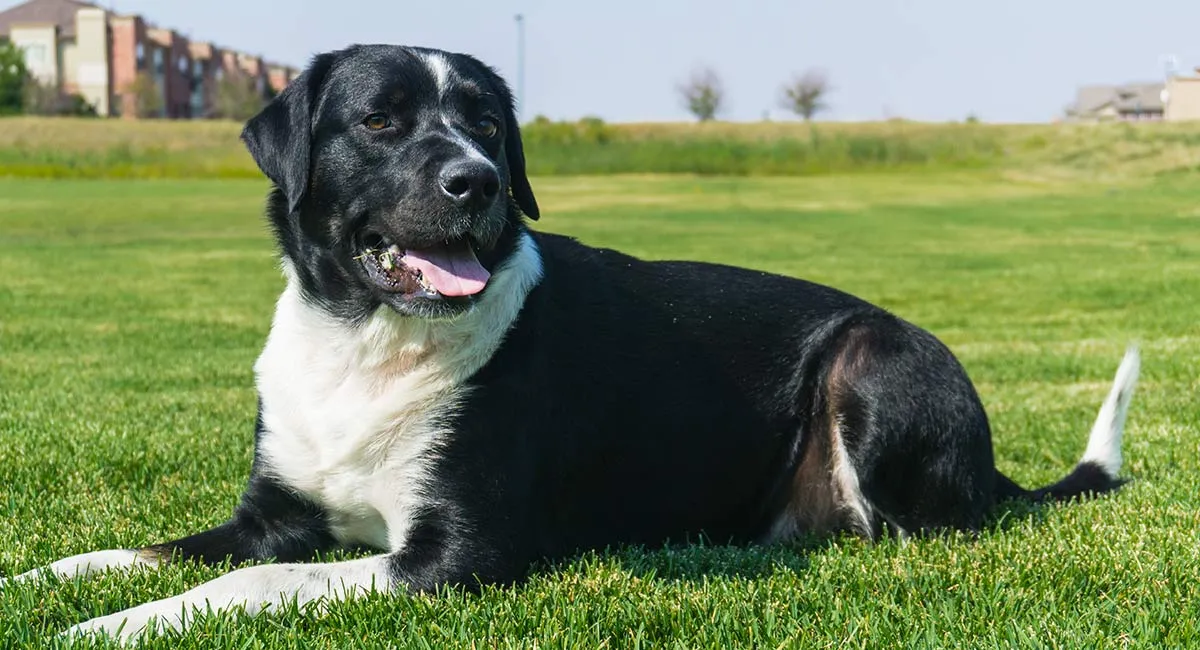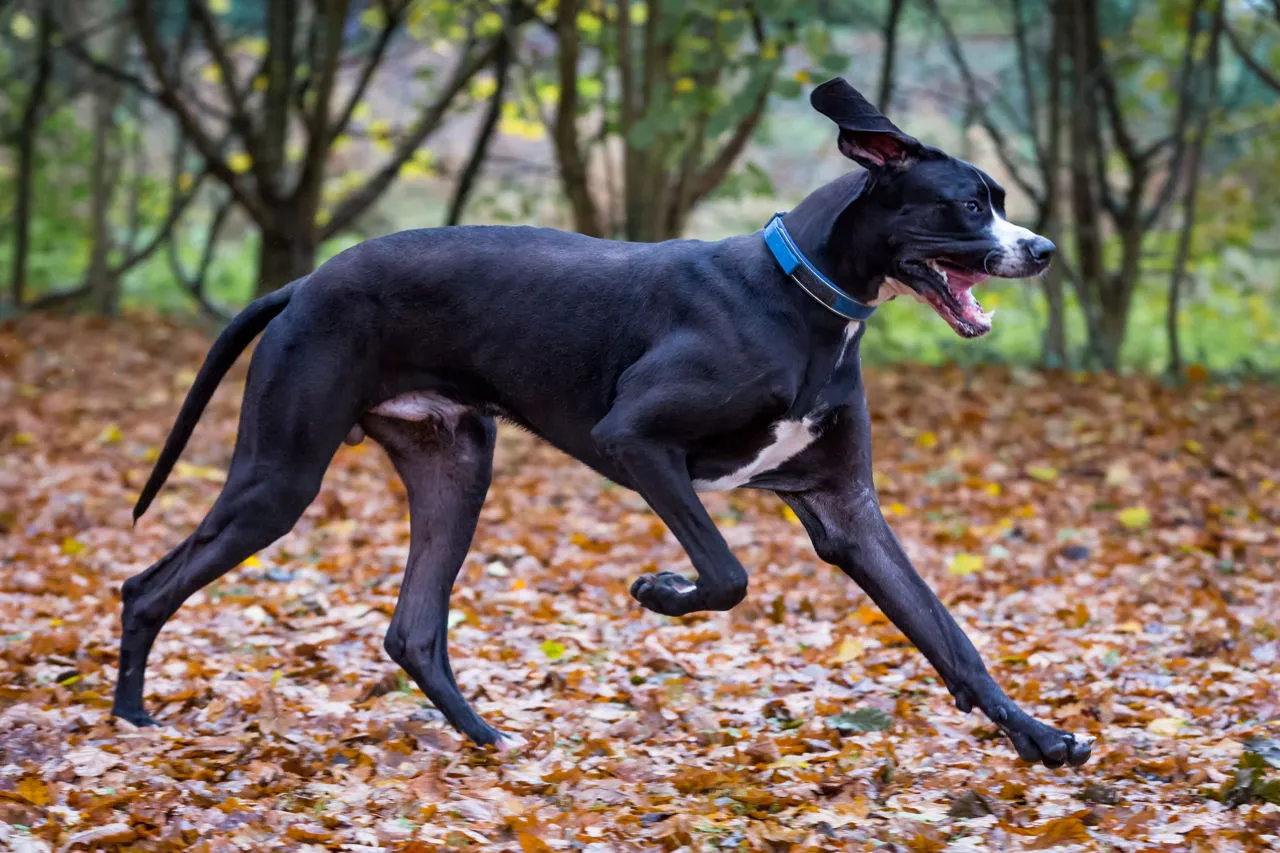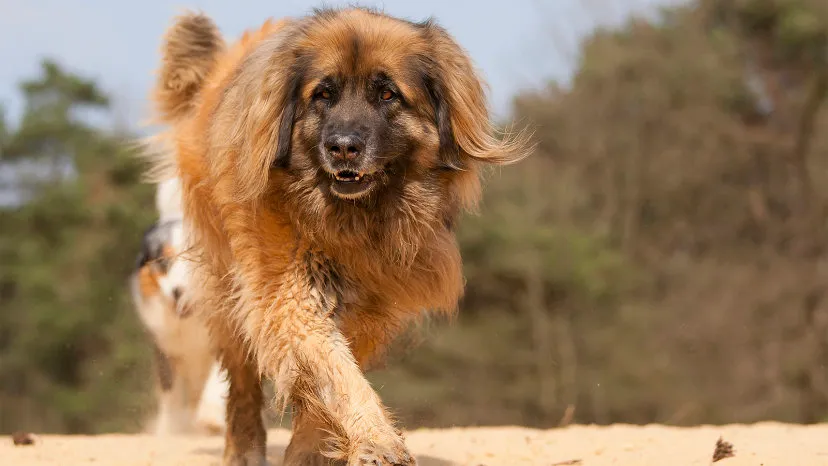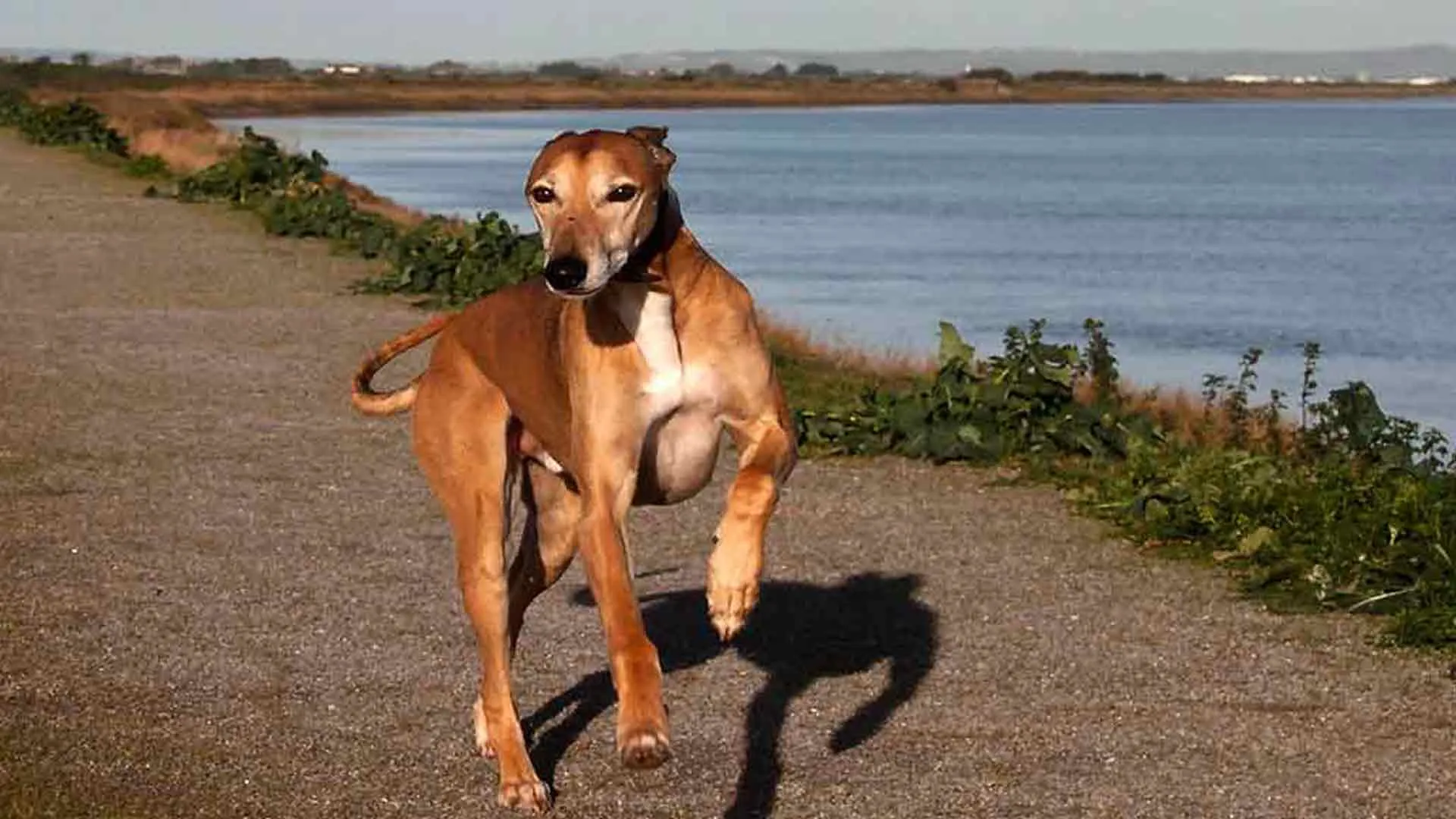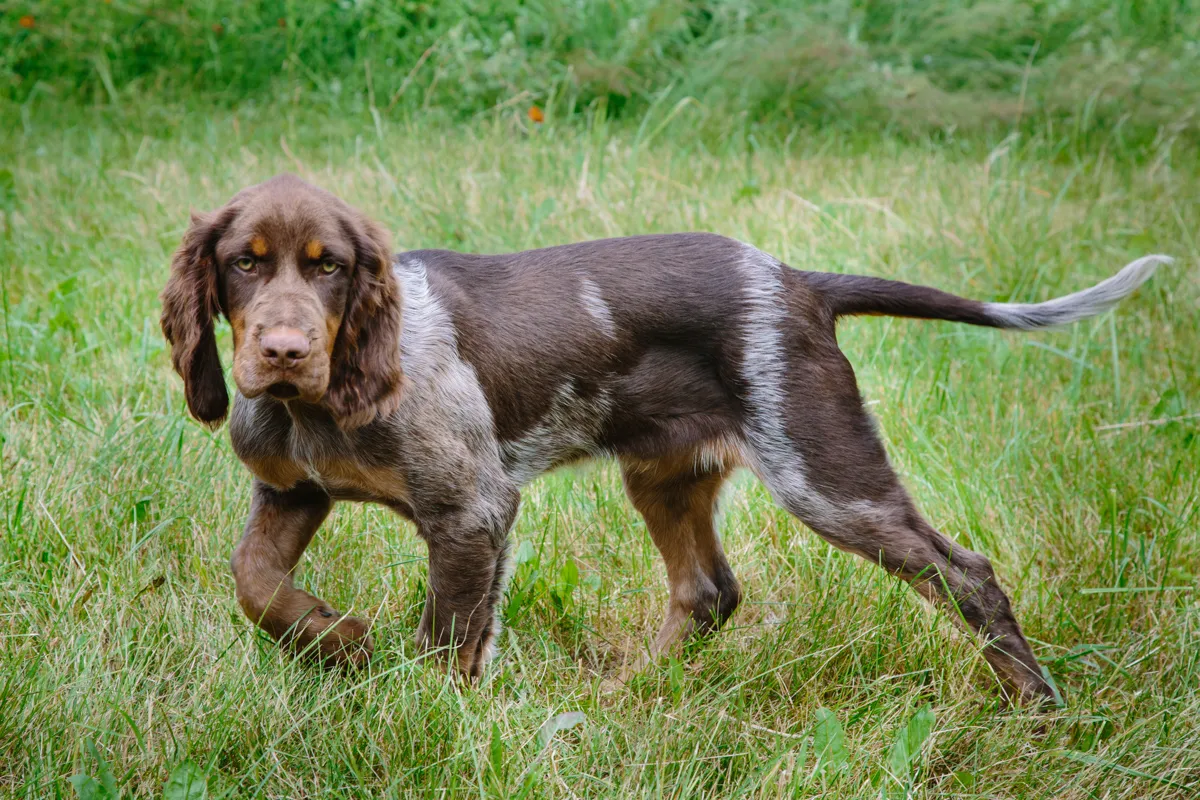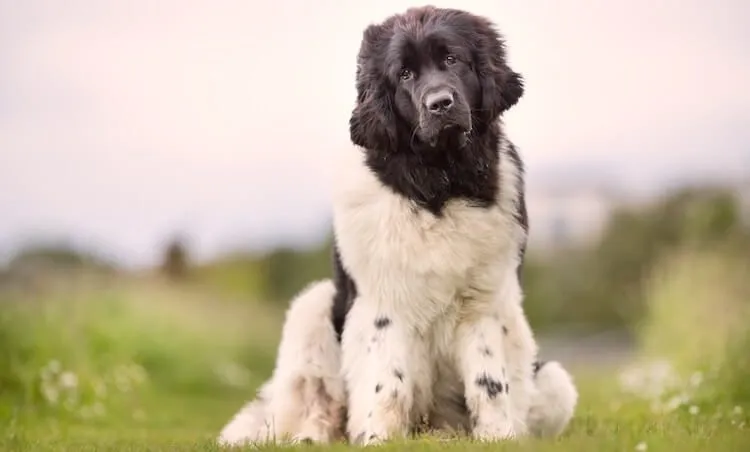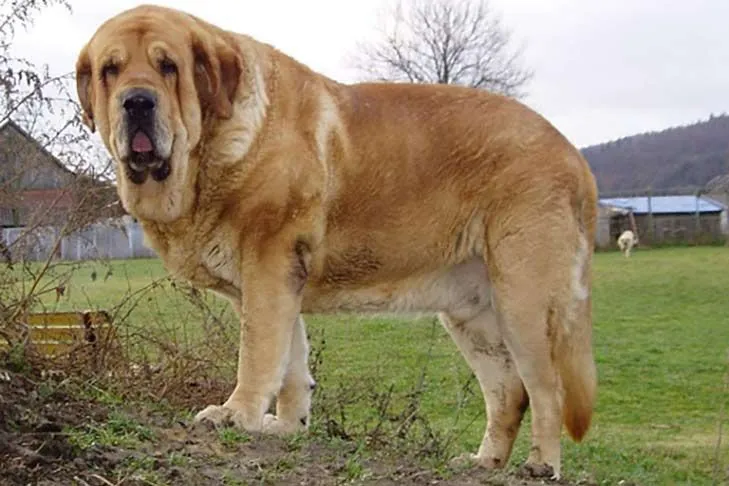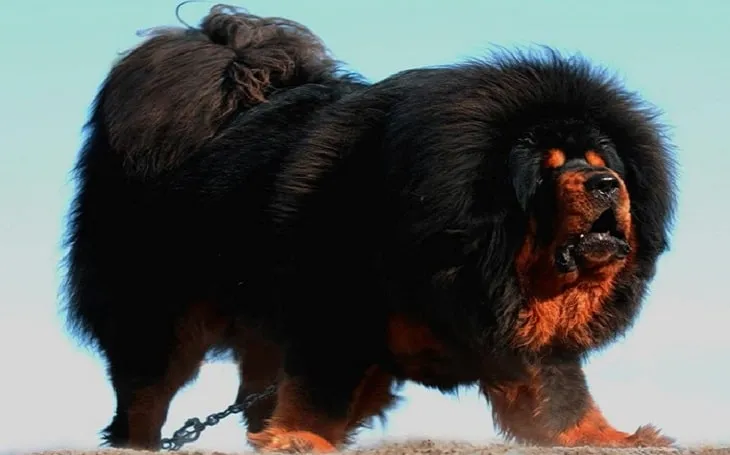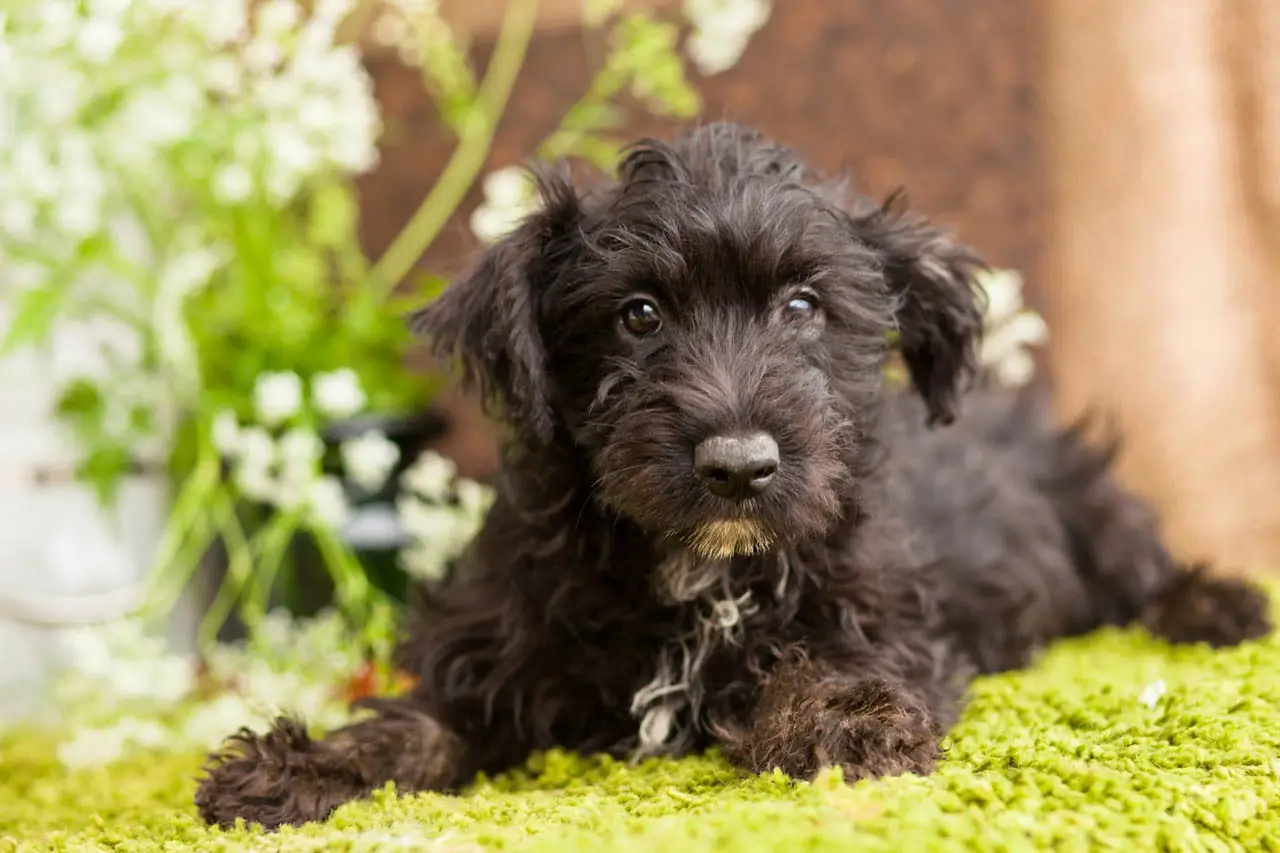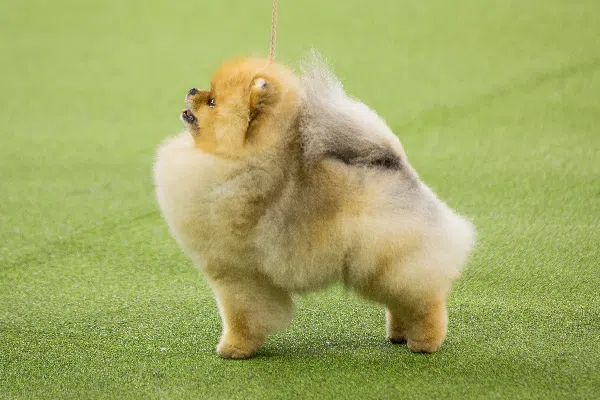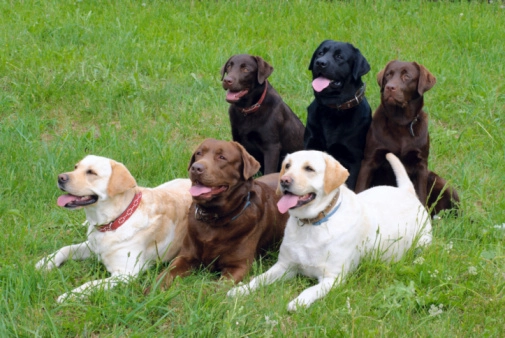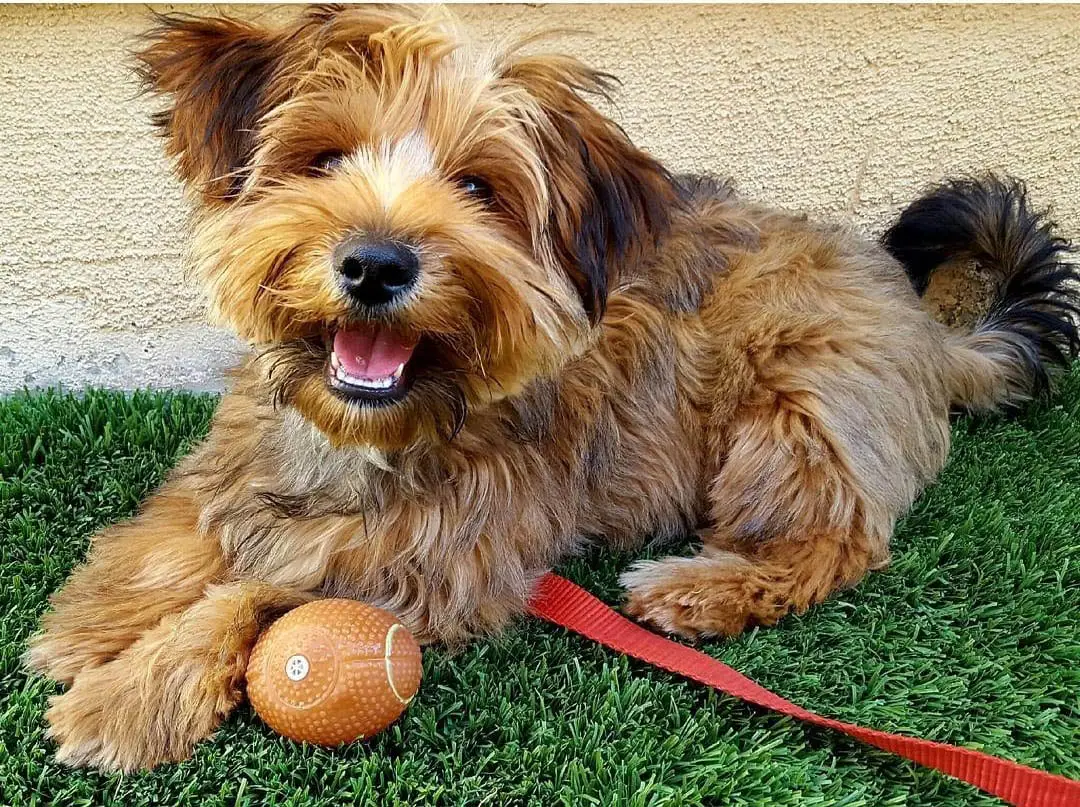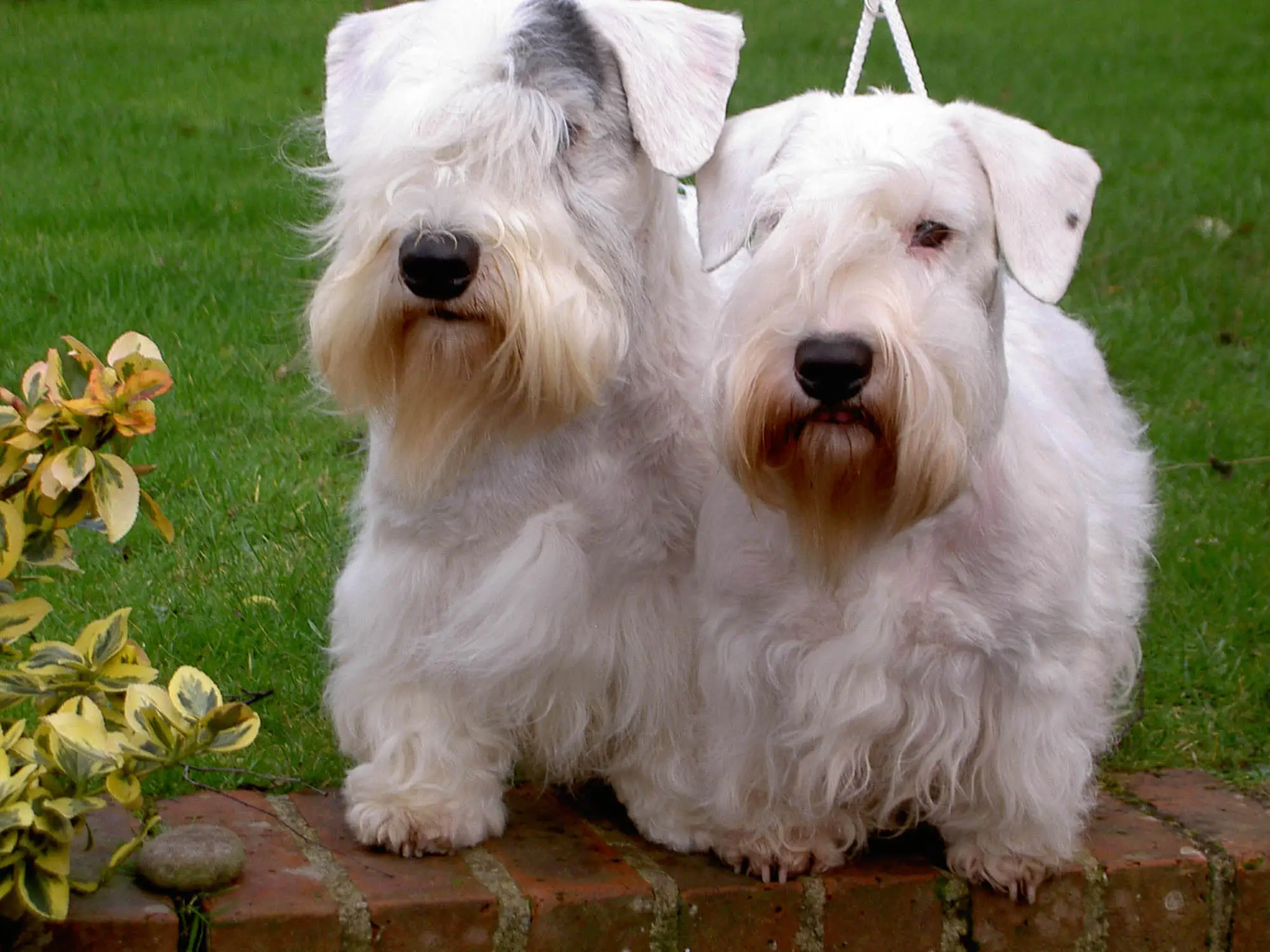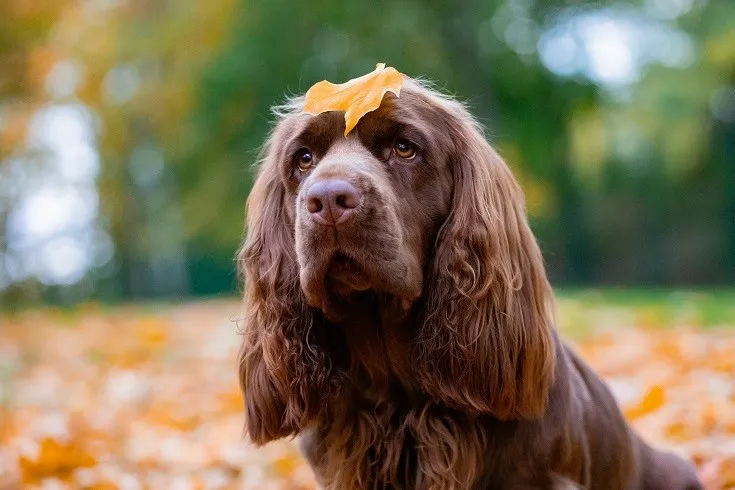Care
Bully Kuttas are large and powerful dogs that require special care, training, and attention to keep them healthy. The breed has become increasingly popular across the world as a guard dog due to its intimidating presence and strength. When cared for properly, Bully Kuttas are loyal companions with an excellent temperament. This guide provides insight into the proper care, such as nutrition needs, exercise requirements, grooming techniques, health concerns, and more. With the right knowledge on hand, owners can ensure that their beloved pets are happy and healthy for many years to come.
Exercise
Bully Kuttas require regular exercising to maintain their physical and mental health. They should be given at least two hours of exercise every day to meet their needs. Doing so can also help to reduce destructive behaviors like excessive barking or chewing furniture that are caused by too much energy in the dog's system.
When exercising, provide them with a variety of activities such as running, swimming, fetching balls, agility training, and more. Ensure that they have enough rest periods between activities to avoid exhaustion or injury. Following these tips will help keep your Bully Kutta fit and healthy.
Grooming
The Pakistani Bully Dog is a moderate shedder, so it needs low maintenance with occasional brushing with a slicker brush. Bathing is not necessary, and just a damp towel can remove dirt. Clipping of hair is not recommended because it may affect re-growth; instead, stripping is a good option.
Grooming is not just about keeping it clean—it’s also important to ensure that the pup stays healthy and looks its best. Regular grooming can help maintain its coat, skin, teeth, nails, and overall appearance.
Given their short coats, Bully Kuttas don't require extensive grooming but need regular brushing to keep them looking neat. They also need to have their teeth brushed regularly to prevent dental diseases as well as maintain good breath. Their nails should be trimmed or filed periodically to keep them from becoming overgrown or cracking. Lastly, regular ear cleaning is necessary to prevent infection and avoid wax buildup.
Furthermore, regular grooming can help strengthen the bond between you and your Bully Kutta as it builds trust between the two of you. With regular care, your Bully Kutta will look its best while staying healthy at the same time.
Health Problems
Also called the Sindhi Mastiff, these dogs are a very healthy breed with a low ratio of health issues. It only tends to develop blindness and arthritis in the latter part of their life. Due to their size, they may also suffer from bloating and other problems like dental and flea issues, heartworms, and halitosis.
While they are great companions and have wonderful personalities, they can also develop certain health problems if not cared for properly. Some of the common health issues that affect this breed include hip dysplasia, spinal muscular atrophy, skin allergies, and ear infections. Moreover, this breed is also prone to obesity due to its large size and high-calorie diet. As such, regular exercise and healthy eating habits are essential for maintaining optimal health and wellness.
Training
Because of their attacking nature, training them can be a challenge. Also, they aren't suitable for first-time owners or timid owners. They are strongly built and are popular for their agility and courage. They are mostly used as hunting dogs or guard dogs.
Their training plan involves teaching basic obedience commands as well as specific tasks such as herding livestock, search-and-rescue operations, tracking game animals, or providing security services. This type of training requires patience from the handler as the Bully Kutta may take longer to learn than some other breeds. Additionally, it is important for handlers to remain consistent with their commands, expectations, and rewards to ensure the best results.
They are a large and muscular breed of dog native to the Indian subcontinent. But on the other hand, they are fierce guard dogs, loyal and protective of their family and property. The Bully Kutta requires special training to help it be an effective guard dog. Training for the Bully Kutta should focus on obedience and protection so that it can be an effective protector of its family and property.
Training for the Bully Kutta should include socialization, obedience commands, protection exercises, crate training, and leash walking. Socializing the dog from a young age is important so that it will know how to properly interact with people when asked. Obedience commands such as sit, stay, and come are also important so that it will be able to take direction when needed. Protection exercises include teaching the dog how to bark when something is wrong or suspicious and also teaching them how to attack if necessary but always under supervision to ensure safety for everyone involved.
Crate training can help with house training as well as provide a sense of security. Positive reinforcement training techniques involve praising the dog when they follow commands and giving them a food reward. By using positive reinforcement techniques, you can teach your dog how to act in different situations. You could also use positive reinforcement to encourage positive behaviors such as sitting or walking on their leash, instead of just correcting the behavior or using punishment to deter them from engaging in unwanted behaviors.
Feeding
The Bully Kutta breed is active, strong, and muscular, requiring food that is rich in nutrition, such as eggshells crushed in their food. They should be given the proper amount of food at appropriate stages of development. For example, a Bully Kutta puppy aged 8 to 12 weeks old requires four meals every day, and their diet should decrease as they become older. When they become adults, they should be given one meal per day consisting of 30% vegetables, 40% meat, and 30% starch. It is also important to maintain a consistent supply of water and keep water bowls clean to maintain their hygiene.
In order for the Bully Kutta to stay healthy and active, it has specific dietary requirements. A balanced diet for this breed should include proteins, carbohydrates, vitamins, minerals, and fatty acids to provide all the necessary nutrients for a healthy life. It is essential to ensure that adequate amounts of calcium are included in their diet to keep bones strong and maintain healthy joints. Regular exercise is also important to keep the dog fit and active. By carefully planning and paying attention to detail, you can create a balanced diet plan that suits your dog's needs perfectly.
The best food for a Bully Kutta should include lean proteins, complex carbohydrates, and essential vitamins and minerals. It is also important to provide them with plenty of water throughout the day and occasional treats that are high in protein. A balanced diet should be supplemented with regular exercise to ensure that your Bully Kutta remains fit and energetic. Creating a diet plan can help you provide them with the right balance of nutrients they need to thrive.
Bully Kutta vs Other Breeds
Bully Kutta Crossbreeds
- Bully Kutta X Cane Corso
- Bully Kutta X Presa Canario
- Bully Kutta X Pitbull
- Bully Kutta X Caucasian Shepherd
- Bully Kutta X German Shepherd
- Bully Kutta X Great Dane
- Bully Kutta X American Bulldog
- Bully Kutta X Boerboel
- Bully Kutta X Dogo Argentino
- Bully Kutta X Greyhound
- Bully Kutta X Staffy
- Bully Kutta X Presa
- Bully Kutta X Boerboel
.png)
